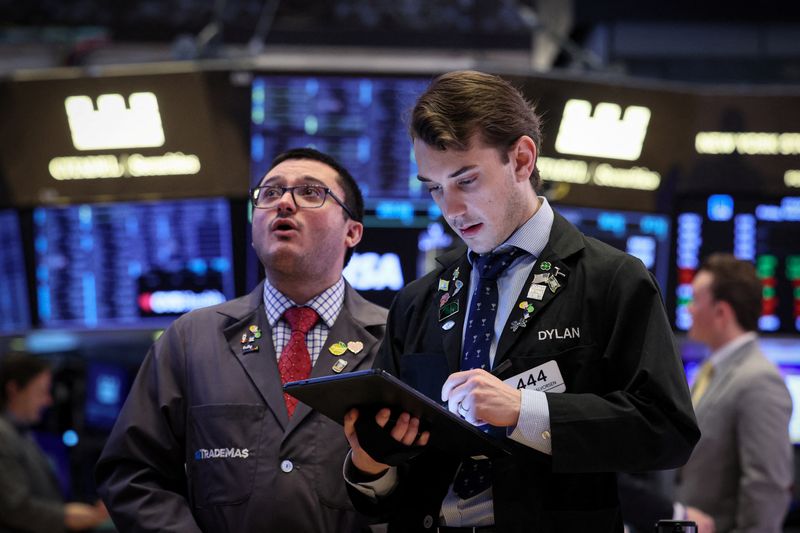Follow us on LinkedIn
Retail traders are often called noise, or uninformed traders as they contribute in large part to the noise in the stock market. The pandemic just accentuates this effect. A recent paper [1] examined the impact of retail trading on the market during the pandemic. It uses Robinhood traders as the proxy for retail investors and studies the impact of their activities on the stock market. The article concluded that retail traders increased the stock market volatility and reduced its efficiency.
In this study, we examine the relation between Robinhood usership and stock market volatility. We assume that the average trader on Robinhood is at an informational disadvantage relative to other professional traders. The noise trading theory suggests that uninformed investors may create systematic risk by coincidentally responding to the same noisy signal (see e.g., DeLong, Shleifer, Summers, and Waldmann, 1987; Kelly, 1997). In agreement with this assertion, we find that Robinhood usership has a negative impact on stock volatility both in levels and percent change tests. On high Robinhood user trade activity days, volatility increases substantially.
The article also predicted that the number of retail traders will increase, leading to a higher stock market volatility,
The number of retail traders, or even Robinhood traders is only forecasted to increase. If our findings continue in relevancy, the degree of which we observe volatility will only increase, and this is without considering further extreme examples like GameStop or other unpredictable macroeconomic factors, taxing policy, scandals, etc.
The increased market volatility caused by retail traders can result in difficulties for professional traders and investors, for example,
- Designing and predicting the market will become more difficult, especially when we use trading strategies that rely heavily on historical backtests,
- Shorting volatility will likely suffer bigger losses.
As for point #1, we can mitigate the impact of unpredictable price and volatility movements by developing strategies that rely less on historical data and more on market principles.
Regarding point #2, one might think that going long volatility can lead to big gains, but this might not be the case. Designing a profitable long-volatility trade is not trivial.
References
[1] Jones, Cooper, Retail Trading and Stock Volatility: The Case of Robinhood (2021). All Graduate Plan B and other Reports. 1534.
Further questions
What's your question? Ask it in the discussion forum
Have an answer to the questions below? Post it here or in the forum




